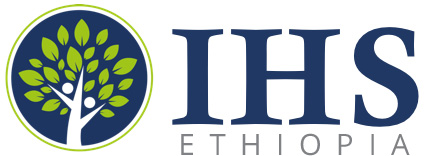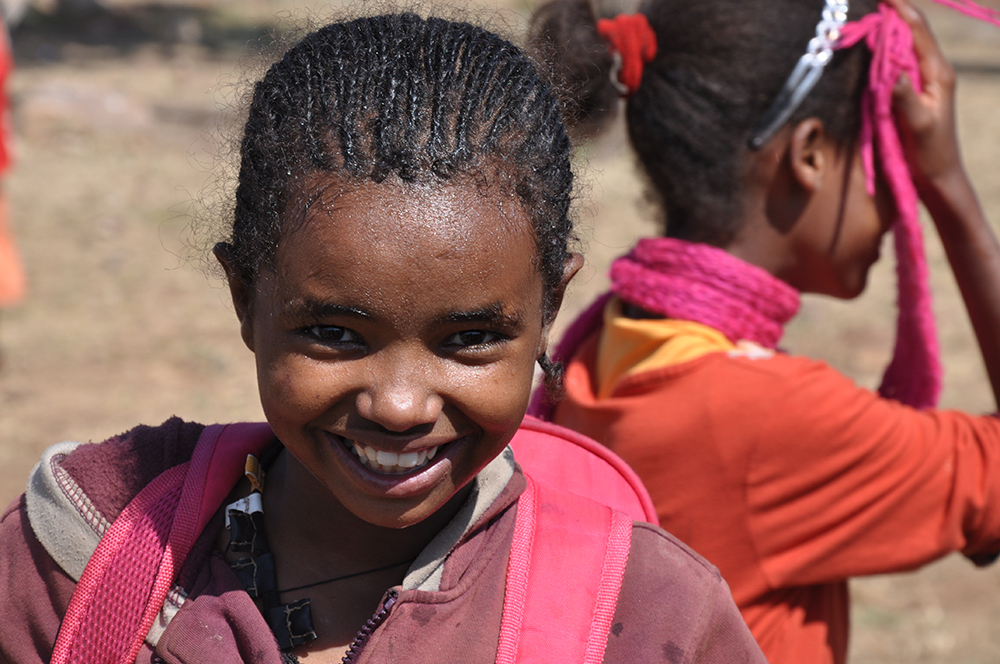Harari Regional State
Educational and Psycho Social Support Project Aboker Woreda Kebele 11 and 12
These two strategies require that every school-age child be enrolled in school at the right age and that every child gets quality education. Every child should be in school. However, the actual situation in Harari Regional State is quite different. Where there are many children who are not in school. Some children do not have an opportunity to be enrolled. Others have discontinued schooling after being enrolled. In both cases, most are not in school because of social and economic problems.
The other grave problem is orphanage. Estimates indicate there are 12,038 AIDS orphans with nearly one-third of them (984) being dual orphans in Harari Regional State. The resulting distress and depression on these children is so grave that they are forced to live a life of rejection and self-pity. They are displaced and marginalized with little or no future. They have no family protection, become segregated from the community and feel they are a burden economically. They fall behind educationally and do not develop socially. These factors have strong negative effects on their development and lead to a generation without hope. Without hope many, if not most, will develop immoral behavior, which have grave consequences on their own health and on the lives of others. Some will become infected with HIV/AIDS virus and other sexually transmitted diseases. Many will become victims of physical assault, drug addiction, rape, unwanted pregnancy, under-age motherhood, torture, lack of self-esteem, trauma, theft, crime, rejection and death.
Based on its world wide experience, IHS Ethiopia is eventually extending its focus to work in various other areas such as community service, child protection, youth/women empowerment, education, etc. Therefore, IHS-Ethiopia has designed a three year project to address the problems of orphans and vulnerable children in Aboker Woreda Kebele 11 and 12 to meet the needs in the areas of education, food and health. The major goal is to provide access to education, nutritional food and medical care. In addition, psycho social assistance, clothing, sanitation and other accompanying support will be made available to the orphans and vulnerable children who live with extended families who are not able to provide these basic needs. Thus, for the coming academic year 2007 EC 2014/15 IHS started a one year pilot project entitled “Educational and Psycho Social Support” to provide educational material and psycho social support for 100 orphans and vulnerable school-aged children in Kebele 11 and 12 in collaboration with Woreda Education Office and Women and Children Bureau. The implementation of this pilot project activity mainly focuses on the provision of necessary educational supplies once in a year and after school tutorial for needy children.


